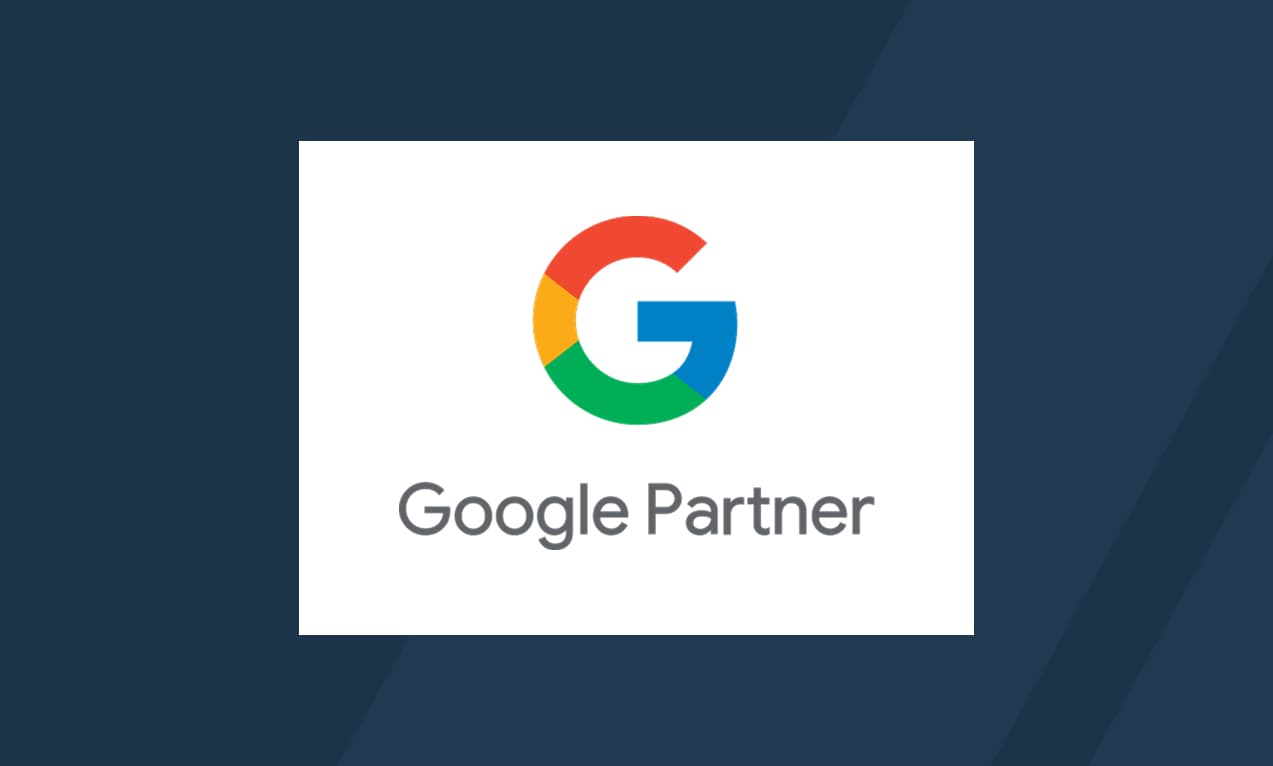
Contents:
A lot of agencies say they “do Google Ads,” and technically that’s true. Anyone can open an account and start spending money. But becoming a Google Partner… well, that’s a bit different. It’s not the badge that matters (I’ve never cared much about that sort of thing), but what it represents behind the scenes. And more importantly, what it means for the people who trust us to manage their budget.
I wanted to write something explaining this properly. Not in a corporate way, but in the way I’d explain it if we were having a coffee and you asked, “So what does being a Google Partner actually do for your clients?”
The basics matter, but the impact matters more
Google has a few requirements you have to meet to qualify as a Partner. They’re straightforward enough, although keeping them up year after year does require real effort.
Certification.
Everyone managing accounts has to pass Google’s exams. Those tests can be mildly annoying, but they force you to stay up-to-date.
Client benefit: You’re not being managed by someone who last learned Google Ads in 2019.
Performance.
Google looks at your accounts and checks whether you’re running them responsibly. Healthy structures, regular optimisation, proper tracking… basically the things every client assumes an agency is already doing.
Client benefit: Less wasted spend, and fewer surprises.
Ad spend and activity.
You need to manage enough spend across accounts to show you’re active. This part sometimes gets overlooked, but it gives you an advantage: you see more patterns, more data, and more edge cases.
Client benefit: You get strategies built on experience, not trial and error.
These criteria are important, of course. But they’re not the whole story. The real value is harder to quantify.
Why this matters more now than it did a few years ago
Google Ads used to give you a lot more control. Now, with automation taking over almost everything (bidding, search terms, audience signals) it’s oddly easier to get things wrong. A few clicks in the wrong direction and suddenly Google has “optimised” your budget into something that looks efficient on paper but delivers leads that go nowhere.
This is where experience really matters. There’s a difference between someone who understands how to use automation and someone who just trusts it blindly. Partners tend to sit in that first group.
We’ve learned how to guide the system so it works for the business, not just for Google’s internal metrics. Sometimes that means pushing back against the recommended settings. Sometimes it means letting automation run, but with guard rails. It’s a constant balance, and honestly, it changes more often than you’d think.
A few advantages you only really notice when you need them
There are some practical perks that come with being a Partner. They’re not dramatic, but they quietly make a difference.
- Early access to new features.
Occasionally we get access a bit earlier than the general public. Sometimes this is useful; sometimes it’s not. But when it is, it gives clients a head start. - Dedicated Google support.
This one is underrated. When something breaks (and things do break), it’s incredibly helpful to have a direct line to someone who can look into the issue. I’ve had cases where ads were incorrectly flagged or conversions weren’t firing properly, and being a Partner saved days of back-and-forth. - Performance insights and recommendations.
Google shares additional guidance with Partners. I don’t follow every recommendation blindly (some don’t make sense for lead generation), but having more data never hurts. - Better clarity around tracking changes.
With privacy updates and the gradual removal of old tracking methods, having early visibility here helps us keep clients’ measurement accurate.
None of this is flashy. But when you add it all together, it creates stability and consistency—the things most businesses want from their marketing.
How this plays out in real campaigns
If I’m honest, the Partner badge doesn’t change how we operate day to day. What it does reflect is the way we’ve been working all along.
- Cleaner tracking setups
- Better-qualified leads rather than just “more leads”
- A proper testing rhythm
- Landing page improvements that actually move the needle
- Faster problem-solving when something looks off
And the result, more often than not, is a campaign that feels calmer, more predictable. Clients tell us they feel like they finally understand what’s going on with their ads. Not because Google Partner status magically gives us extra abilities, but because the habits required to maintain it tend to align with good marketing practice anyway.
To wrap up
Being a Google Partner is… helpful. It signals something important, even if the badge itself is just a badge. What matters far more is the work behind it—the tracking, the optimisation, the decision-making, the willingness to question Google’s “suggestions” when they don’t actually help.
If anything, Partner status simply confirms that we’re doing things properly and consistently. And if you’re trusting someone with your ad budget, that’s probably what you care about.






